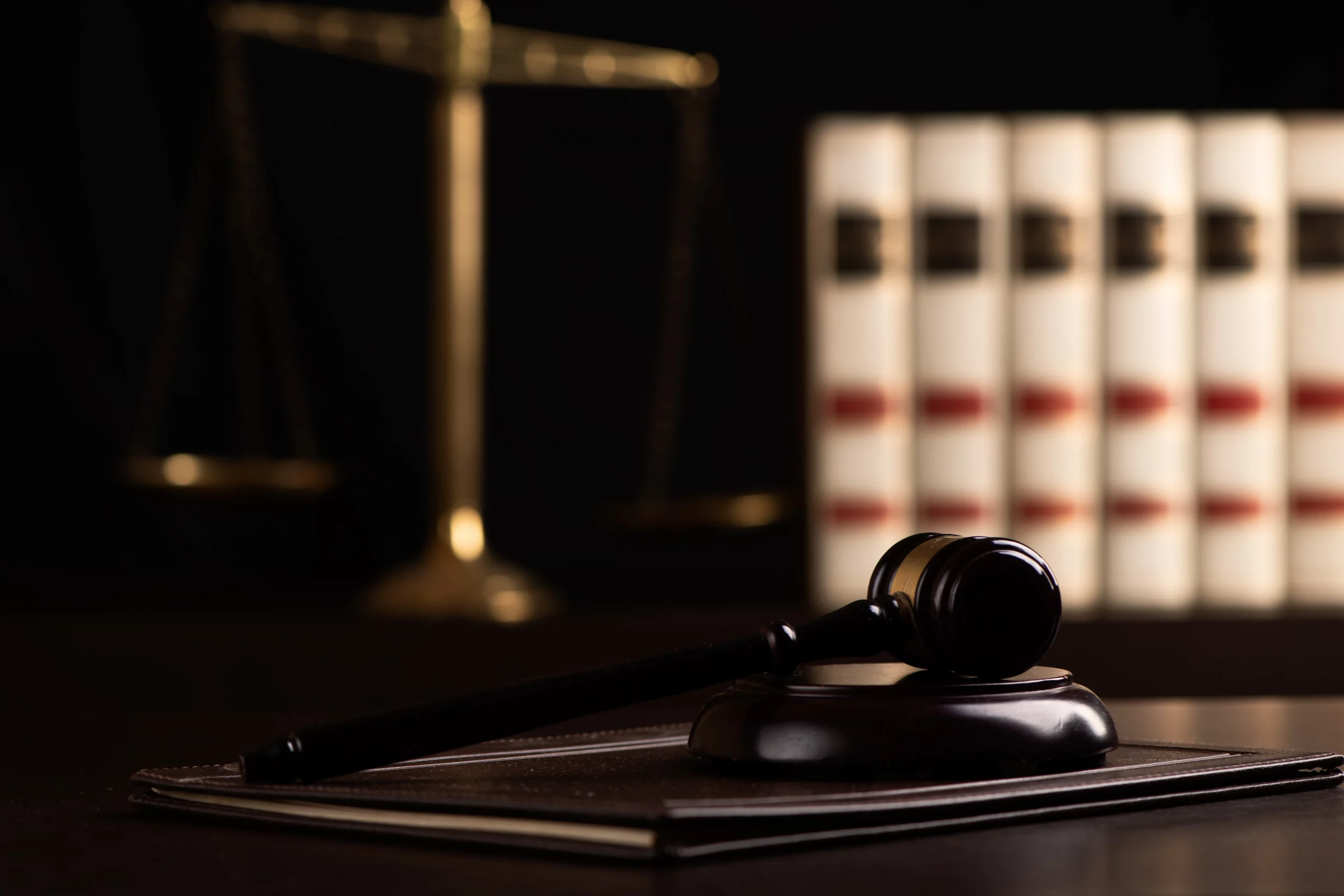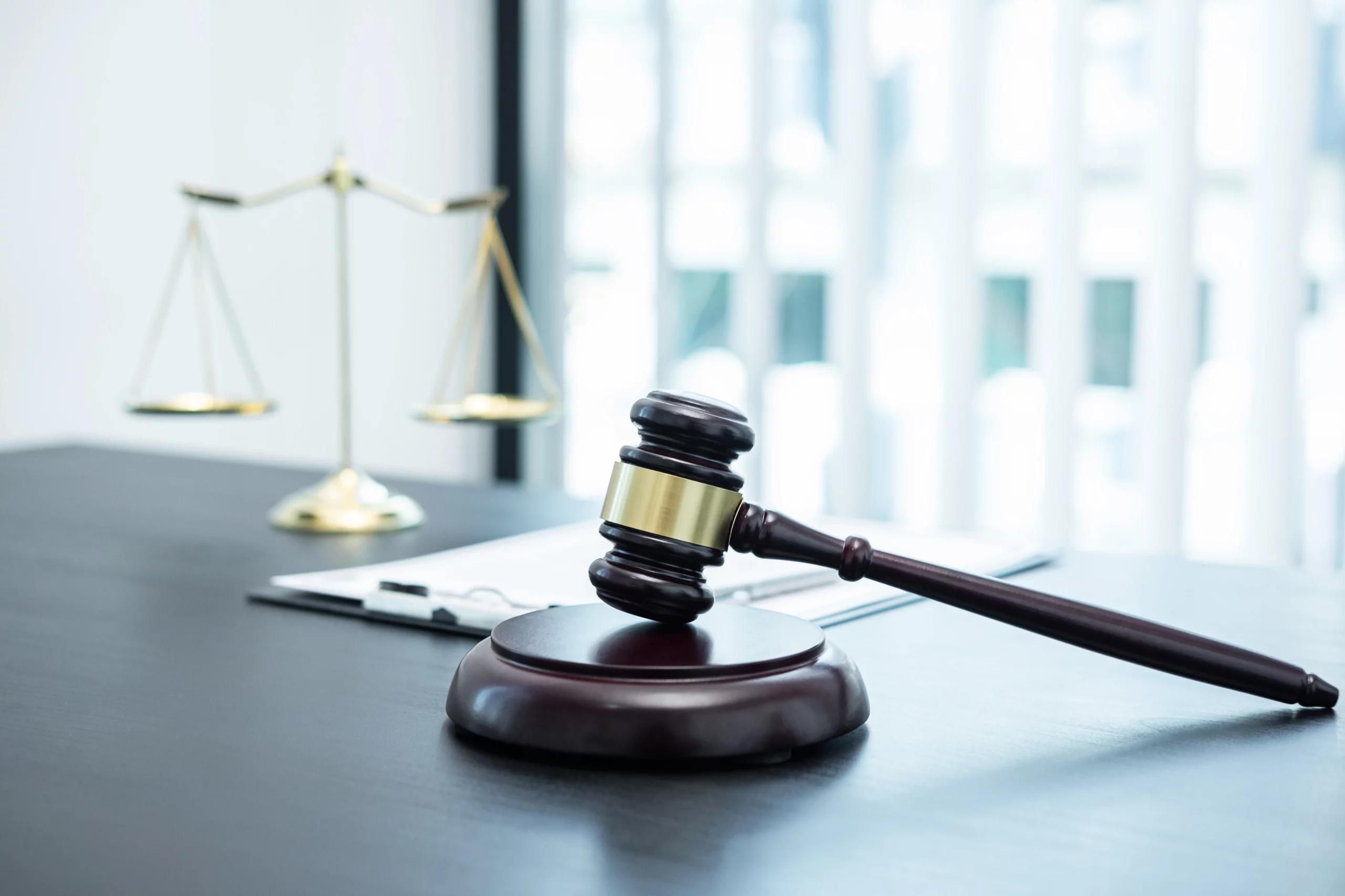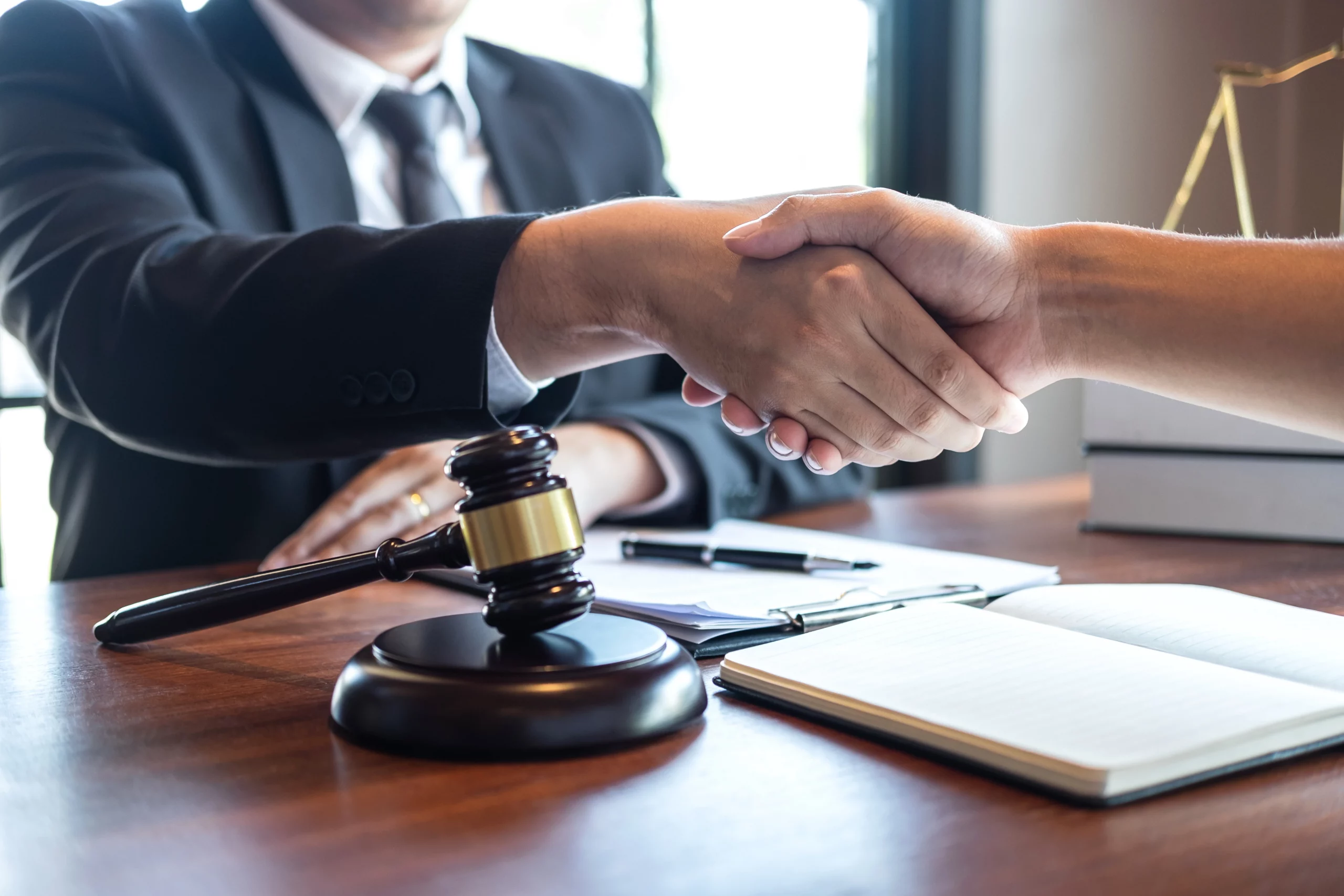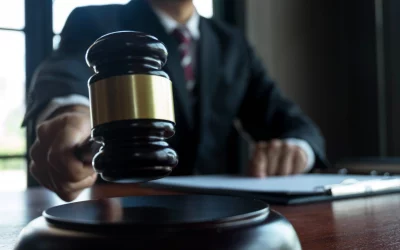WHAT IS THE VALUE OF MY CASE?
Coming soon…
EXACTLY HOW LONG WILL MY CASE TAKE?
Coming soon…
CAN I AFFORD A GOOD ATTORNEY?
Definitely! On a contingency fee basis, I only get paid if your case is successful, which means I only get paid a percentage of the money I recover. In the event of a loss, I will not receive any compensation.
While the client is ultimately responsible for the case’s costs, I will personally cover them while it is ongoing. In addition, the costs of settling a case without going to court are generally rather low.
WHAT IS THE COST OF OUR CONVERSATION?
Definitely! My consultations are always free of charge. ‘ I would be delighted to speak with you to determine whether or not you have a case and to answer any concerns you may have regarding the procedure.
Even if you don’t hire me to represent you, I’ll take the time to listen to your story and respond to your questions. Referrals to other legal resources are always available if my aid is insufficient.
MY MEDICAL BILLS AND OTHER DAMAGES WILL HAVE TO BE COVERED BY WHOM?
Medical bills for accidents can easily reach tens of thousands of dollars, regardless of whether you’re involved in a motor vehicle accident or a slip-and-fall Most of the time, I can make arrangements for you to receive the medical care you require while deferring payment of those costs until after we win your case.
As a result, I often get my clients the medical care they need, even if they don’t have health insurance and can’t afford to pay. I will do all my power to get you the compensation you deserve, no matter the circumstances. In the past, I’ve helped my clients get their money back.
WHO DECIDES WHETHER OR NOT TO ACCEPT MY CASE?
To accept your case, I must be confident that I can help you. To establish whether or not I am confident in my ability to secure a settlement on your behalf, I carefully review the information you have provided.
HOW CAN I BE CERTAIN THAT I’M WORKING WITH THE PROPER LAWYER?
A great deal depends on how well you get along with your legal representative. Your lawyer should have specialized expertise and experience relevant to your situation. Make sure to inquire about how long they’ve been practicing and how much of their practice is devoted to your particular type of case.
In addition, it’s critical to do your homework and check the company’s reviews. Please check out my Google Business Page or Avvo profile for more information about my services. Both sites are excellent resources if you’re looking to hire an attorney.
It’s critical that you feel at ease with your attorney. Certain people don’t mesh well with others. You may choose to call a different attorney if the one you’re speaking with refuses or fails to answer your inquiries adequately.
If you want to talk to me, I’ll be there for you and answer your questions to the best of my ability. My clients frequently accuse me of giving them too much information! I prefer to be over-informed rather than under-informed to avoid the impression that you don’t comprehend what’s going on in your situation.
WHAT SHOULD I DO AT THE SITE OF A CAR ACCIDENT?
You must first remain on the scene.
Make a call to the police and any other emergency services you may require as soon as it is safe.
If someone is critically injured, only provide first aid if you are completely qualified. If you are not qualified or if the injuries are not life-threatening, do not attempt to administer first aid.
Do not remove damaged automobiles from the scene unless they pose a significant obstruction to oncoming traffic.
If you’re hurt, stay in your car.
Say as little as possible so that nothing you say can be used against you in the future.
You should always get medical attention at the scene of an accident, even if you appear uninjured. It’s also wise to get checked out at an emergency department if there’s any doubt about possible injuries. Anxiety and panic from an accident might make it difficult to feel your injuries for several hours afterward. Make sure to be safe rather than sorry!
Passengers, drivers, and witnesses should exchange contact information such as phone numbers and addresses. Maintain minimum eye contact with other motorists and their passengers when driving. In the aftermath of a collision, do not engage in “small talk” or share details with anybody beyond the investigating police officer.
Get the other driver’s license number and the name and policy number of his or her insurance company. Take note of everything from the time of day to the weather to the road conditions to the lighting to the location of the vehicles involved in the accident.
- Time of day
- Weather
- Road conditions
- Lighting
- Location of vehicles
- The location and length of skid marks should be mapped out on a diagram.
- Use the camera on your phone or one you bring to capture as many pictures as possible of the scenario.
- If your vehicle needs to be towed, obtain the driver’s name, license number, and the towing company’s name, address, phone, and registration number.
WHAT WILL THE POLICE DO AT THE ACCIDENT SCENE?
All persons involved and police authorities will question witnesses. It will be given to the police after they have taken the initial statements and include an accident card with the officer’s contact information. To ensure a thorough investigation, all implicated vehicles will be taken away. A formal report will be issued once the investigation is over. The probe could lead to criminal prosecution.
WHAT SHOULD I DO AFTER MY RELEASE FROM THE SCENE OF THE ACCIDENT?
Before contacting your car insurance company, contact your lawyer. Sometimes, your attorney will call the insurance company on your behalf to ensure that you do not admit responsibility for the accident or otherwise involve yourself and create complications that preclude recovery later in the case from being successful.
Be sure to get checked out by a doctor or an emergency department on the same day of the accident, even if you don’t think you’ve been injured. It’s always better to be safe than sorry; this test will help erase any doubts about the cause of any injuries.
Contact the Department of Public Safety if the police did not investigate the accident.
WHAT IF THE OTHER DRIVER HAS NO INSURANCE?
An experienced personal injury attorney who has handled several car accidents should always be consulted. To assist you in receiving the restitution you are due. I will gladly answer any questions you may have about the relevant insurance legislation.
Even if the other motorist didn’t have liability insurance, there might be other ways to assist you in getting your life back on track after a crash.
WHAT ARE THE MOST COMMON TYPES OF LOSSES THAT INSURANCE COMPANIES WILL PAY OUT FOR?
A few examples of things for which you could be compensated include:
- Damage to the property of others
- pain and suffering
- disfigurement
- disability
- loss of wages (temporary or permanent.)
SHOULD I DO MY INVESTIGATIVE WORK ON THE ACCIDENT?
Your lawyer and investigators will handle this for you. You may count on them to conduct thorough investigations to uncover the truth about your case.
EXACTLY HOW LONG WILL MY CASE TAKE?
You can focus on getting better while I work on your legal strategy. Once your medical treatment is complete, I will compile all your medical records and invoices and then file a formal settlement demand to the appropriate insurance company. The extent of your injuries will, of course, dictate the length of your medical care.
Insurance companies typically take several weeks to investigate and evaluate a settlement claim before responding with a counteroffer. After that, we’ll have to begin negotiating, which could take a few weeks. A settlement check is normally delivered within a week or two of the conclusion of negotiations.
The issue will be resolved as swiftly as feasible with the best possible conclusion if a settlement cannot be reached. On the other hand, a lawsuit can significantly lengthen the time it takes to resolve your issue.
TO FILE A PERSONAL INJURY LAWSUIT, HOW LONG DO I HAVE TO DO SO?
In most personal injury cases, you must file a lawsuit within two years of the date of the incident if you want to pursue your rights. If your claim hasn’t been resolved by then, you’ll need to initiate a lawsuit to safeguard your interests.
Please keep in mind that some conditions necessitate filing lawsuits or giving notice far sooner than the standard two-year period. In general, hiring a lawyer as soon as possible is better if you are considering doing so.
IT HAS BEEN DEEMED A TOTAL LOSS BY MY INSURANCE CARRIER. HOW MUCH MONEY CAN I RECOUP FROM THIS?
Cars declared totaled by an insurance company, and an adjuster assigned to a claim are usually paid for at their fair market value. Go to www.kbb.com to get a “ballpark” estimate of your vehicle’s fair market value.
WHAT IF I AM A PEDESTRIAN OR A PASSENGER IN A CAR AND AM INJURED?
You are entitled to sue the person who caused the accident and their insurance company for damages, just like everyone else. Because both drivers may be held liable in some situations, both insurance companies may also be held liable.
Passengers, and pedestrians, in particular, are often treated leniently by juries, even though they had no involvement in the occurrence.
IMMEDIATELY AFTER A FALL OR TRIP, WHAT SHOULD I DO?
- When there’s even a remote possibility that you’ve suffered a spinal injury, don’t move. Wait for help before moving.
- Use the emergency services or ask a witness to do so for you.
- Notify the property owner or employee about the fall as soon as feasible. Do not forget to take down their personal information, including their names and phone numbers. Make sure you get a copy of the written incident report from the business or insurance company that you’re claiming damages.
- Taking notes or photos of the accident can help you better comprehend what happened.
- Having someone else take photos or notes while you are out and about is a good idea.
- If you slip on something, pay attention to the cause of the mishap, such as the surface. When it comes to resolving your case, small details like footprints or shopping cart tire tracks will be critical pieces of evidence.
- Witnesses should be interviewed, and their contact information should be taken down so that further inquiries can be made.
- Before interacting with insurance companies or adjusters, phone your lawyer first.
MY FAMILY MEMBER WAS HURT IN AN ACCIDENT. CAN I SUE ON THEIR BEHALF?
The answer is yes, but only if the injured victim is a little child or a family member is severely injured or murdered. Some relatives and guardians are permitted by law to act on behalf of a person who cannot do so themselves.
WHAT CRITERIA ARE USED TO DETERMINE THE VALUE OF INSURANCE CLAIMS?
The value of your case can be determined by comparing it to similar instances and claims. We may not be able to put a price on a loved one’s life, but the law does allow us to seek compensation for the pain and suffering they have caused you.
HOW SHOULD I PROCEED IF I’M INVOLVED IN A DISPUTE?
You should only settle a matter on your lawyer’s advice if you feel it is suitable to do so on your own accord. Don’t give up your rights if you’re unsure about your legal situation; contact for a free consultation. I’m always pleased to tell someone if I think they can manage their legal situation. As for me, I’ll tell you if I think you need legal help and explain why.
DO I STILL HAVE A CASE IF I’M A PART OF THE PROBLEM?
Consult an attorney even if you were somewhat to blame for the accident. If you can prove that the other driver was “more” at fault than you, you may still be able to claim a recovery. Get in touch with me for a no-obligation consultation to see if you have a case.
DO YOU VISIT PEOPLE IN THEIR HOMES OR HOSPITALS?
There is no problem in meeting with the injured person or their family at a convenient location, depending on the degree of the injury.
Personal Injury FAQs
Almost always, victims of accidents are taken by surprise, resulting in immediate life adjustments until they can recover both physically and financially.
Accidents victims of vehicle accidents, medical malpractice, workplace injuries, slip and fall injuries, errors account for many personal injury claims filed with insurance companies each year.
Regardless of the circumstances, the victim is always the victim of someone else’s careless or purposeful conduct. The defendant’s insurance carrier policy may compensate the damaged party if they can show that the others’ negligence or malice caused their damages. Filing a claim, on the other hand, can be difficult.
Below, a personal injury lawyer responds to some of the most frequently asked concerns about personal injury law.
WHAT DO YOU MEAN WHEN YOU SAY “PERSONAL INJURY”?
When a case is brought in civil court, a legal phrase known as “personal harm” is used in place of “tort.” Those injured by someone else’s careless, irresponsible, or reckless behavior will file a personal injury claim, case, or lawsuit to seek damages (a legal remedy).
Personal injury legislation can be used in a wide range of scenarios, including but not limited to:
- Accidents-Another driver’s reckless or careless conduct might lead to an accident, which can result in severe injuries or even death. The injured party can make personal injury claims for damages.
- Intentional act-An assault and battery victim may file a civil lawsuit against their abuser to obtain compensation for their injuries.
- Defective product-Legal action can be taken against the manufacturer, designer, distributor, or resellers of a defective product, such as a hazardous medication, a faulty vehicle part, or something else.
- Medical malpractice-Health care professionals that accidentally harm their patients may be accused of medical malpractice, in which the victims (the wounded patients) receive compensation for their damages.
- Wrongful death — Other people’s carelessness, recklessness, or abuse can result in an avoidable death. Surviving family members can file a wrongful death lawsuit to seek compensation from those responsible for losing their loved ones.
HOW DO I KNOW IF I HAVE PIP?
The medical expenditures and lost wages of an injured motorist or passenger are covered by Personal Injury Protection (PIP) insurance, which is mandated in many jurisdictions.
This insurance pays for bodily injury liability, which includes hospitalization, surgeries, continuous professional care, home health care charges, and funeral/burial costs, in addition to health insurance.
Drivers in Colorado are not required to carry Personal Injury Protection (PIP) insurance.
TO PUT IT ANOTHER WAY, WHAT EXACTLY IS A PERSONAL INJURY LAWSUIT?
When another person’s negligence, recklessness, or malicious behavior results in an accident or injury, the victim typically files a personal injury lawsuit to recover damages.
In most cases, the person who caused the harm will pay for the injured person’s medical expenditures, pain and suffering through their insurance company coverage.
There are two ways to file a personal injury claim based on tort law. Informal settlements and lawsuits are the most common methods of resolving personal injury claims.
- Informal settlements-After negotiation of the disputed legal matters, both sides (the plaintiff’s personal injury attorney and the defendant’s lawyers) are agreed upon a settlement sum. By signing a formal agreement, the plaintiff and defendant will avoid further legal action, such as filing a lawsuit or settling the dispute out of court.
- Formal lawsuits–Cases that proceed to trial because the parties involved can’t agree include formal lawsuits. During the trial, both parties will argue that the defendant’s reckless or irresponsible behavior caused the victim harm.
A PERSONAL INJURY SETTLEMENT: HOW MUCH SHOULD I ASK FOR?
Legally, if someone else’s careless, negligent or deliberate conduct cause an injury, the victim can file a personal injury claim and receive compensation for their losses. When it comes to a negotiated settlement, how much money should the plaintiff (victim) ask for?
An experienced personal injury law company typically demands 75 to 100 percent more compensation than their client is prepared to accept. Negotiation should commence at $175,000 if the victim’s lawyers estimate the case’s value at $100,000 or more.
An insurance claims adjuster (insurance agent) is likely to make an offer much lower than the actual value of the case (100,000).
Negotiation can begin with the plaintiff asking for more than the case is worth and the defendant offering to settle for less than the case is worth.
It can be difficult to estimate the value of a case. Attorneys typically utilize various methods and accessible data to estimate how other plaintiffs seeking compensation in similar accident situations have valued their claims.
SO, HOW DO YOU WIN A PERSONAL INJURY CASE?
Steps taken in the immediate aftermath of your injury will significantly impact the outcome of your claim. Even if you believe your injuries were minor, it’s best to seek emergency medical attention following the accident or event caused by someone else’s negligence.
If you had gone to all of your doctor’s follow-up appointments, you would have been able to document the depth of your injuries and your healing progress.
People who witnessed the accident will likely give eyewitness testimony to support your case and evidence you can offer to a judge and jury.
To win your case, you’ll need to do the following further steps:
- Assess the value of the claim.
- You’ll want to gather up all of your medical and police records.
- Draft a letter of demand for compensation
- You should fight back when the claims adjuster tries to delay or deny your claim.
- Developing a strategy for negotiating or presenting evidence in a court of law
- Attend the negotiating settlement meeting with your injury law firm if you have one.
- The defendant’s offer to settle the matter can be accepted or rejected.
- If the defendant’s or claims adjuster’s offer is unacceptable, take the matter to court.
HOW LONG DOES IT TAKE TO RECEIVE A SETTLEMENT CHECK FROM A PERSONAL INJURY CASE?
Many people hurt by someone else’s negligence or recklessness are ready to have their case settled, collect their settlement, and pay off all of their medical bills and expenses. An insurance company’s cheque isn’t enough to end a negotiation; it takes much more.
Once they have reached an agreement on compensation, both parties, personal injury law firm and the defendant’s lawyers or claims adjuster, must complete a number of release documents.
After accepting the settlement sum, many times, extra negotiations are required. There may be special terms and conditions for the payment of settlement payments.
The insurance company issues the settlement payment after the release forms have been signed. Because of this, the plaintiff and their attorney are usually both named on the check.
For example, a clerical error could delay your insurance company’s payment for several reasons. The check often arrives at the lawyer’s office within six weeks.
In most cases, the lawyer will deposit the insurance check into the law firm’s escrow account to ensure that all of your liens are paid before the remaining settlement funds are distributed. For example, you might pay the medical professional who gave you treatment not covered by your insurance plan.
Your attorney will return you the remaining funds after deducting their fees and expenses. You would receive regular payments according to a predetermined schedule if the claim was settled through a structured settlement.
HOW DO I FILE A PERSONAL INJURY CLAIM AGAINST WALMART?
Personal injury claims at Walmart are handled similarly to any other case involving premises liability. The four elements of a negligence lawsuit claim must be shown for you to receive compensation for your injury.
You’ll have to demonstrate that:
- Every person at Walmart had a responsibility to be in a safe atmosphere that was free of dangers.
- Walmart violated that obligation, putting you and others in harm’s way.
- You were seriously injured while on Walmart’s premises.
- Walmart’s security breach caused you significant injury.
Even if you think your injuries are minimal, you should go to the hospital immediately following your accident. Gather proof, including photos of the scene of the accident and your injuries, to support your claim.
To help the insurance company or the judge and jury, keep the clothing you were wearing at the time of the accident in your possession as evidence. A skilled personal injury attorney should be consulted before contacting Walmart employees or the company’s claims adjuster.
Before the statute of limitations expires in your state, file all the essential papers. When victims’ right to compensation expires, they no longer have any recourse against the perpetrator.
Product liability claims and lawsuits are possible if Walmart sold the faulty product, and you may be entitled to compensation.
You may also be eligible for workers’ compensation if you were an employee of Walmart at the time of the accident. Your lawyer can help you get the most money possible from the workers’ comp benefits program in case of a job injury.
WHAT AM I ENTITLED TO FROM MY INJURY CASE?
Those harmed due to someone else’s negligence or recklessness are entitled to bring a personal injury claim. However, judging the case’s worth might be a challenge.
Car accidents, defective products, premises liability, and slips and falls are among the most common causes of action.
It is possible to estimate the worth of a claim based on the costs, losses, and damages incurred by the victim. The following are some of the factors that are taken into account when calculating:
- Medical bills-All past, present, and future medical treatments, therapies, pain management care, therapy, and transportation to the doctor’s office should be covered by any victim of another’s negligence.
- Lost income– Moderate to severe injuries may cause the injured victim to miss work, resulting in lost revenue. Compensation for the victim’s lost income and future earnings should be provided up to 100% of the victim’s wages.
- Emotional distress-It’s common for accident victims to have emotional discomfort that can develop into mental health issues such as post-traumatic stress disorder (PTSD) and depression. There is a monetary value to their emotional anguish, which should be accounted for in any settlement agreement or jury verdict.
- Pain-and-suffering-If the victim’s non-economic loss is determined using the “pain-and-suffering damages lawyer representing the victim will use that figure.
Additionally, the victim’s attorney will use the insurance coverage limits to determine how much of a settlement or jury award to write.
It’s possible, for example, that a jury awards $150,000 in damages to the sufferer, but the insurance policy only covers $100,000. As there aren’t any more funds available above $100,000, the victim will be left holding the bag for the remaining portion of their reward
DO PERSONAL INJURY ATTORNEYS CHARGE A FEE?
Many personal injury attorneys work on a contingency fee basis with their clients. Attorneys specializing in personal injury cases often charge a fee of 33.33 percent of the final settlement amount.
For instance, if the victim agrees to a $100,000 negotiated settlement, the lawyer will take $33,333, with the remaining going to the victim after all liens and additional case costs have been subtracted.
The matter will almost certainly go to trial if the plaintiff (the victim) and the defendant (the person who caused the harm) cannot agree to negotiation. This means that the personal injury lawyer will likely take 40% of the damages in front of the court and jury when this happens.
CHOOSING A PERSONAL INJURY LAW FIRM: HOW DO I DO IT?
The lawyer you choose will influence the outcome of your injury case, the amount of money you receive, and the extent to which your rights are protected. To secure a good outcome for your case, use the finest criteria to find the top attorney in your area.
The lawyer should have dealt with similar situations in the past and be available to answer your questions about the progress of your case. Before you sign a contract, you can get recommendations from friends and family, conduct an internet search, browse through lawyer directories, and meet with potential candidates for an attorney.
Getting a personal injury case settled can be expensive and time-consuming. You should look for personal injury lawyers ready to waive their costs until your case is settled or a jury verdict is reached.
WHAT DO PERSONAL INJURY ATTORNEYS DO?
A personal injury attorney represents, advises, and counsels people who have suffered harm to their physical, mental, psychological, or financial well-being due to the carelessness or purposeful actions of others. These legal companies are civil attorneys who work with the state’s tort matters and use legislative statutes to obtain damages for their clients.
In most cases, people who have been hurt will retain the services of a personal injury lawyer to bring a lawsuit, appeal a court judgment, and negotiate a settlement. After failing to reach an agreement with the defendant (the party at blame) and the plaintiff (the injured party), a personal injury lawyer may decide to take the evidence to a judge and jury.
WHAT ARE MY OPTIONS IF I DON’T HAVE LEGAL REPRESENTATION IN A PERSONAL INJURY CASE?
Without a lawyer, getting a fair settlement and maximizing your compensation might be difficult. Insurance companies and their claims adjusters pay billions yearly to settle vehicle accident claims. Still, they often employ clever strategies to enhance their profits by providing incredibly lowball offers to settle their accident cases.
Your situation may not necessitate the services of an attorney. As a result, you will need to create a powerful negotiation stance and demonstrate that the other party was responsible.
You’ll have to demonstrate that:
- The other person owed you a duty of care to keep you safe.
- If you’re a victim of someone else’s negligence, it’s important to know that you’re entitled to compensation for your injuries, even if you weren’t at fault.
- Negligence was to blame for the severity of your accident injuries.
Damages can be calculated based on the severity of your injuries (medical bills, car repair costs, lost wages, pain, and suffering).
A thorough understanding of “tort” law is essential for negotiating a settlement or taking your case to trial. In some cases, the settlement statement form provided by the insurance provider can be baffling.
Your case may be worth discussing with a personal injury lawyer during your free initial session to learn about the possibility of receiving far more money in compensation from hiring an attorney.
A DEMAND LETTER FOR PERSONAL INJURIES?
As a result of someone else’s negligence, those who someone else’s acts have damaged have the legal right to file a claim with the insurance companies for compensation. They will have to file a demand letter to the insurance company, which will initiate a claim at some point in the future.
You should include the victim’s name and contact information in your demand letter. Additionally, the person accountable for inflicting the harm will be identified, and their insurance policies will be provided.
A basic account of what happened, where, when, and who was involved in the accident should be included in your description of your injuries.
As part of your demand letter, you should include a detailed description of your injuries and property damage and the specifics of your claim. As the last point, explain why you believe the defendant is liable for your injuries.
Include any supporting paperwork, such as medical records or an estimate for auto repairs, to help prove the extent of your accident injuries.
Lastly, you must describe the accident and its consequences and demand financial compensation that should include your hospitalization costs, medical bills, lost wages; future lost wages, repair costs and other damages, including permanent scars, emotional trauma, pain and suffering. and suffering.
Using certified U.S. Postal Service mail, mail the signed and sealed document to the insurance company’s correct address where claims and demand letters are accepted.
Request a return receipt from the postal service to verify receipt of the package. In addition to the delivery date, tracking the envelope will help determine when your case began.
WHAT HAPPENS IF I REJECT THE SETTLEMENT OFFER?
First settlement offers from insurance adjusters are generally much lower than the value of a personal injury lawsuit.
As a result of rejecting the offer, a defendant may choose not to make any more settlement offers and instead take the case to trial if he or she does not accept it.
A personal injury lawyer who specializes in instances like yours would be a good option at this point. An attorney’s years of experience and negotiation abilities can help you acquire the compensation you need to settle your claim.
Your lawyer can get the ball rolling on an investigation, ensure you’re getting the treatment you need for your injuries, and start negotiating with the defendant’s lawyers to obtain the compensation you’re entitled to. If you and the defense cannot agree, your lawyer can begin preparing for trial.
It is now time for both sides to produce discovery that will be used in court to acquire additional information. Depositions, interrogations, and documents such as medical records and police reports may be part of the material acquired.
Due to the jurors’ uncertainty about how the case will be decided, it is usual for defense lawyers to make a negotiated settlement before the trial begins.
After all, what if the negotiations fail? Trust your trial lawyer and their team, who are likely not hesitate to show the evidence and fight for their client’s rights to collect the money they deserve. Many law firms operate on a contingency fee basis once the attorney-client relationship has been established.











